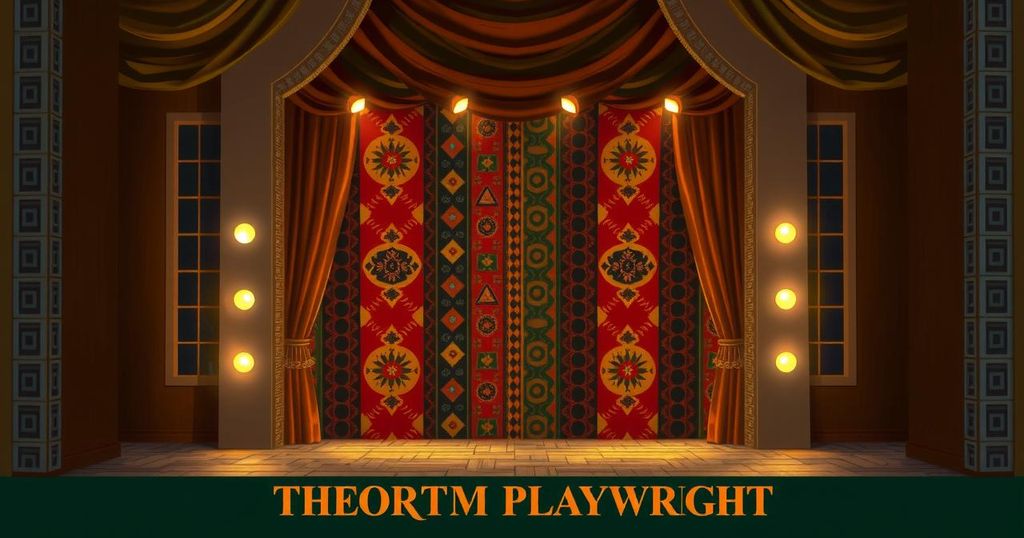President Cyril Ramaphosa honored Athol Fugard, a key figure in South African theatre, highlighting his commitment to social justice through his works. Fugard’s notable plays and the Oscar-winning film based on his novel reflect his legacy. The Fugard Theatre further commemorates his influence on future generations of artists.
President Cyril Ramaphosa has expressed his condolences following the death of the esteemed actor, novelist, and playwright Athol Fugard, who passed away on Sunday in Stellenbosch. Fugard is regarded as one of South Africa’s most significant playwrights, renowned for tackling the injustices of the Apartheid regime and fostering collaboration among artists from diverse racial backgrounds during the nation’s tumultuous history.
President Ramaphosa remarked, “Beyond the impressive body of work that he has left behind, Athol Fugard will be remembered for being an outlier amongst the millions of white South Africans who blithely turned a blind eye to the injustices being perpetrated in their name.” Fugard’s notable plays include “No Good Friday,” “The Blood Knot,” “Master Harold and the Boys,” and “Sizwe Bansi is Dead.”
In addition to his theatrical works, Fugard’s novel “Tsotsi” inspired the Oscar-winning film of the same name in 2005. In recognition of his contributions, Time magazine named him the “greatest active playwright in the English-speaking world” in 1985. Ramaphosa noted, “As a country we are grateful that we were able to honour the legendary Athol Fugard during his lifetime with the National Order of Ikhamanga in Silver.”
The Fugard Theatre, located in District Six of Cape Town, serves as a lasting tribute to a man whose legacy will continue to inspire future generations of artists and professionals in the field of creativity. As President Ramaphosa stated, the theatre stands as a fitting tribute to Fugard’s profound impact and artistic contributions.
In summary, President Cyril Ramaphosa has honored the legacy of Athol Fugard, a prominent figure in South African theatre, whose works addressed the harsh realities of Apartheid. Through notable plays and literature, Fugard’s influence continues to inspire. His recognition with awards and the establishment of the Fugard Theatre reflect the enduring impact of his contributions to the arts and society at large.
Original Source: allafrica.com




